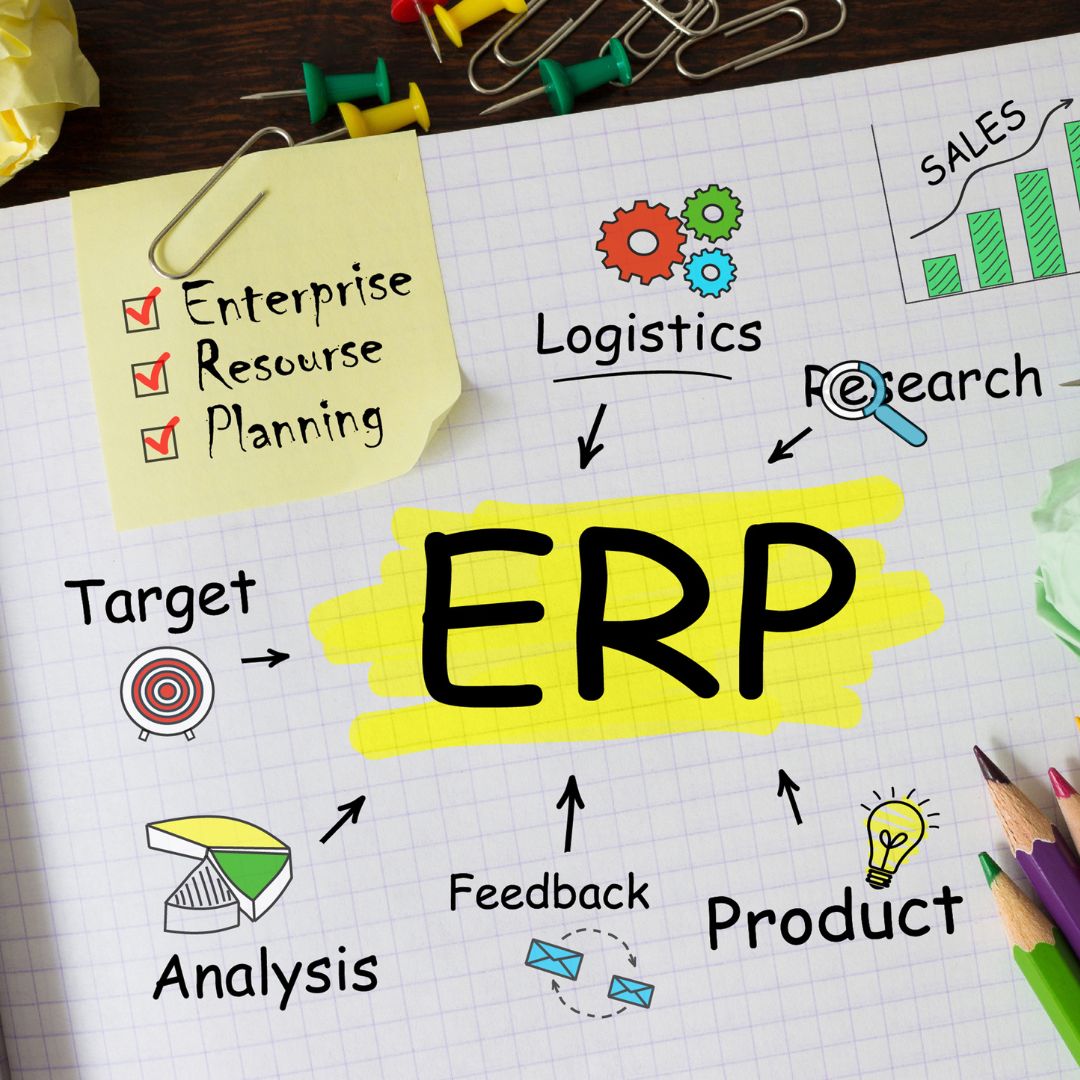In today’s fast-paced business environment, efficiency and integration are key to staying competitive. This is where ERP systems come into play. But what exactly does ERP system meaning, and how can it benefit your business? In this blog, we’ll explore the meaning of ERP, the process of ERP implementation, and the advantages of using ERP software (ERP SW) in your organization.
What is an ERP System?
ERP (Enterprise Resource Planning) is a type of software that organizations use to manage and integrate the crucial parts of their businesses. An ERP system can integrate planning, purchasing inventory, sales, marketing, finance, human resources, and more.
Meaning of ERP Implementation
ERP implementation refers to the process of installing and configuring an ERP system in an organization. This involves several steps:
- Needs Assessment: Identifying the specific requirements and objectives of the organization.
- Choosing an ERP System: Selecting the right ERP software that meets the organization’s needs.
- Planning: Developing a detailed implementation plan, including timelines and resource allocation.
- Configuration and Customization: Setting up the ERP system according to the organization’s requirements.
- Data Migration: Transferring data from existing systems into the new ERP system.
- Training: Educating employees on how to use the new system effectively.
- Testing and Go-Live: Ensuring the system works as intended before fully deploying it.
- Support and Maintenance: Providing ongoing support and updates to ensure the system continues to meet business needs.
Benefits of ERP Systems

Implementing an ERP system offers numerous benefits, including:
- Improved Efficiency: Automating and integrating business processes reduces manual effort and errors.
- Better Decision Making: Real-time data and analytics provide valuable insights for informed decision-making.
- Enhanced Collaboration: Centralized data fosters better communication and collaboration across departments.
- Scalability: ERP systems can grow with your business, supporting expansion and adaptation to new challenges.
- Cost Savings: Streamlining processes and improving efficiency can lead to significant cost reductions.
ERP Enterprise Resource Planning
At its core, ERP (Enterprise Resource Planning) is designed to integrate all facets of an operation, including development, manufacturing, sales, and marketing. An ERP system provides a unified view of business processes, often in real-time, using common databases maintained by a database management system.
Types of ERP Software (ERP SW)
There are various types of ERP software available, each catering to different business needs:
- On-Premise ERP: Installed and run on the organization’s own servers and infrastructure.
- Cloud ERP: Hosted on the vendor’s servers and accessed through a web browser.
- Hybrid ERP: Combines both on-premise and cloud solutions, offering flexibility and scalability.
ERP System Meaning in Business
In a business context, an ERP system is a powerful tool that helps streamline operations, enhance productivity, and provide a competitive edge. By integrating various business functions into one comprehensive system, ERP software ensures that information flows seamlessly across the organization.
ERP Implementation: Key Considerations

Successful ERP implementation requires careful planning and execution. Here are some key considerations:
- Clear Objectives: Define what you want to achieve with the ERP system.
- Stakeholder Involvement: Engage key stakeholders throughout the implementation process.
- Vendor Selection: Choose a reputable ERP vendor with a proven track record.
- Change Management: Prepare your organization for the changes that come with a new ERP system.
- Ongoing Support: Ensure there is a plan for continuous support and system updates.
Conclusion
Understanding the ERP system meaning and the process of ERP implementation is essential for businesses looking to enhance their operations. Whether you’re considering ERP enterprise resource planning for the first time or looking to upgrade your current system, it’s crucial to choose the right ERP software (ERP SW) and approach the implementation with a clear plan and objectives. With the right ERP system, your business can achieve greater efficiency, improved decision-making, and sustained growth.
If you are considering implementing an ERP system, take the time to research and select a solution that fits your unique business needs. The investment in an ERP system can yield significant returns in productivity, efficiency, and overall business performance.












